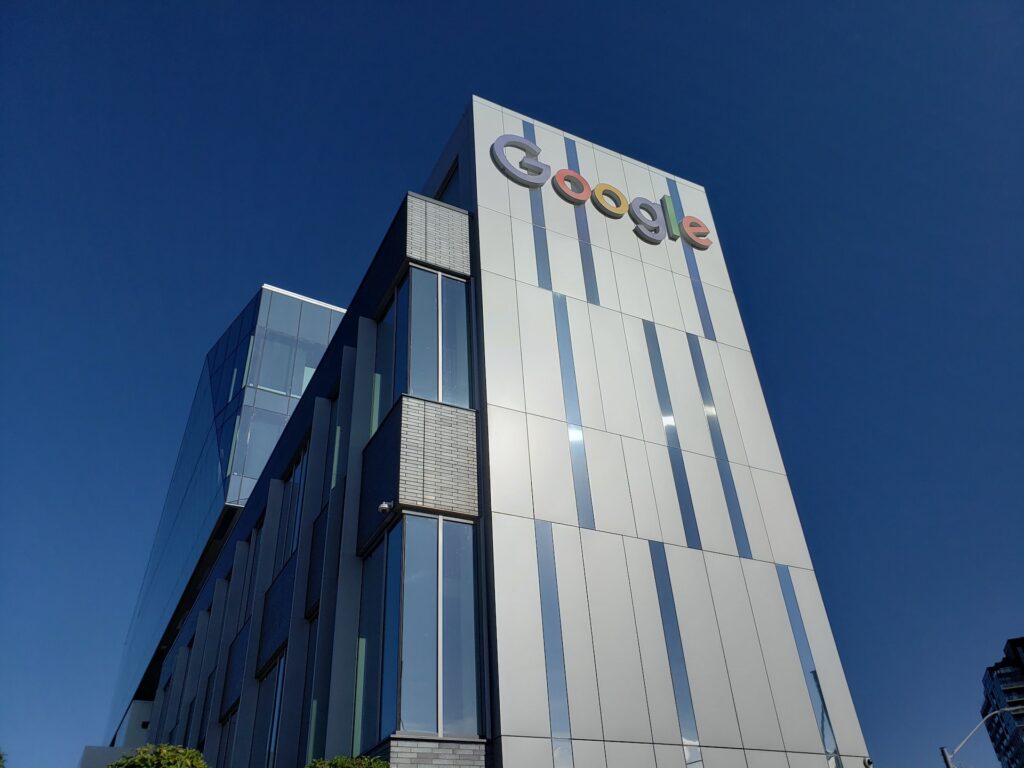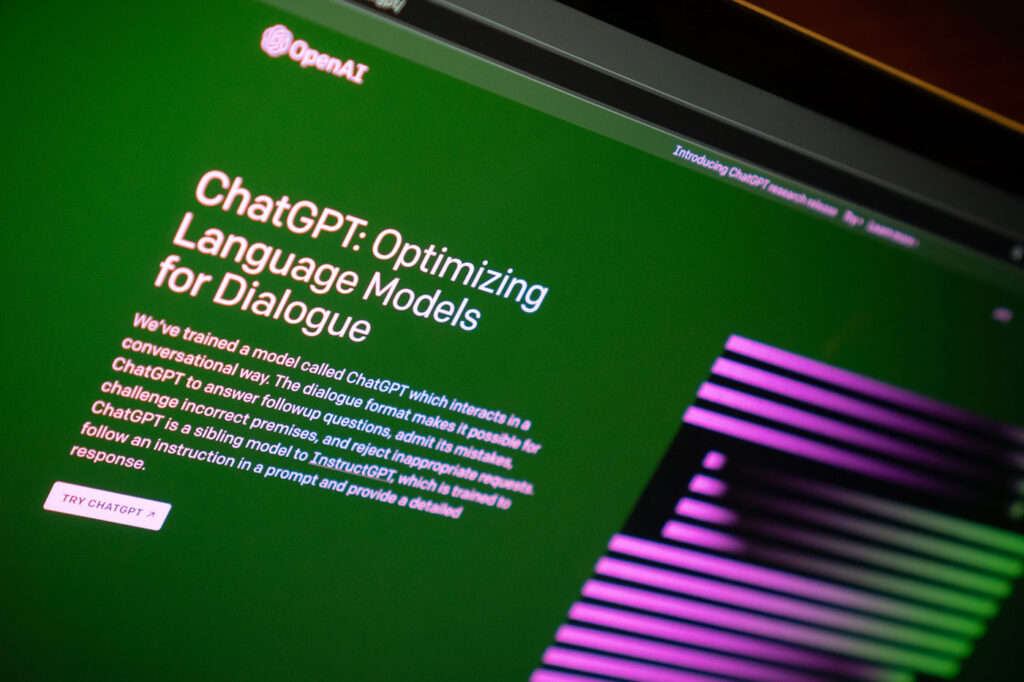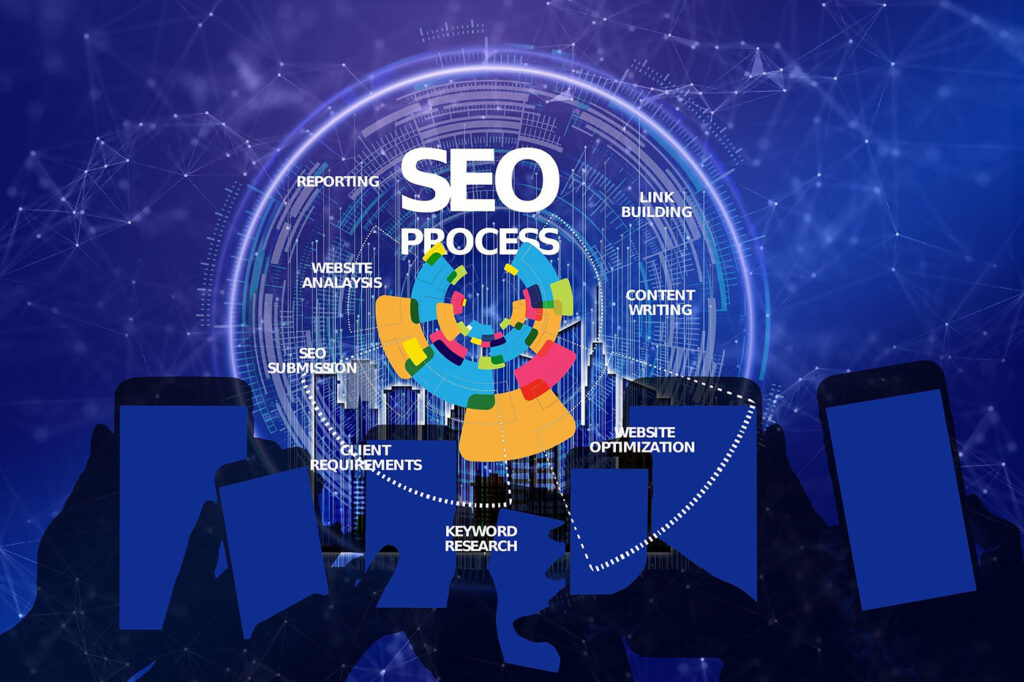Best AI Tool
The advent and popularity of Artificial Intelligence or AI has brought about significant advancements in various fields, and the two tech giants Google Bard vs Bing ChatGPT are battling to create the best AI tool.
Google Bard Vs Bing ChatGPT
Recently, OpenAI launched ChatGPT, an AI-based tool for content generation, prompting Microsoft to invest $10 billion to integrate it into its search engine, Bing. Bing ChatGPT has the potential to challenge Google in the AI search engine space.
In response, Google announced Google Bard, its own AI-powered search engine, as a capable rival to Bing ChatGPT.
This essay will examine the key similarities and differences between Google Bard and Bing ChatGPT to understand the potential winner in the race for AI search engine supremacy.
Google Bard and Bing ChatGPT
Google Bard, created by Alphabet Inc. (Google’s parent company), was announced in October 2020, and it aims primarily to provide a personalized and contextual search experience for users.

It is still in the early stages of development and is being tested with a group of “trusted testers.”
In contrast, ChatGPT, an open-source and language-agnostic technology, is an extension of the popular GPT-3 AI model.
ChatGPT is a game changer for many businesses right now. As it uses deep-learning technology tailored to natural-language understanding tasks like conversation and dialogue.
Users
Despite the early stage of development, ChatGPT had 100 million monthly active users in January 2023, just two months after its launch. This amazing and overwhelming interest generated by ChatGPT prompted Google to quickly demo its own Google Bard.
However, Google Bard had an epic fail in its first public demo, whereas ChatGPT was an instant hit.
Key Differences between Google Bard and Bing ChatGPT
There are some key differences between ChatGPT and Google Bard that could influence their performance in the AI search engine space. Firstly, ChatGPT contains a built-in plagiarism checker (AI Text Classifier). While Google Bard does not.
Secondly, ChatGPT is more focused on providing answers to conversational queries. While Google Bard is designed to help with sentiment analysis and question answering.
Finally, Google Bard is designed to augment Google’s own search tool. While ChatGPT is destined to become an automated support tool for businesses without the funds to pay for human support teams.

Race for AI Search Engine Supremacy
Determining which AI search engine will win the race for AI search engine supremacy is a challenging task. Both Bing ChatGPT and Google Bard have their strengths and weaknesses.
ChatGPT is free and can provide accurate answers quickly. On the other hand, Google Bard has access to the powerful resources of its parent company, Alphabet. And is designed to augment their search tool. Ultimately, time will tell which AI tool will triumph in the race.
Winner of Cloud Market
However, it is important to note that the winner in this AI race will be the one to garner the most market share. Currently, Google has the largest market share, and Bing is the second-placed search engine.
Microsoft may use Bing ChatGPT to gain popularity for its search engine, which has been trailing Google Search for years. On the other hand, Google has been late to the game on the cloud front. And Amazon’s AWS is still the global leader in public cloud infrastructure.
Therefore, whichever company wins the AI search engine race, it must also win the cloud market to stay ahead in the tech industry.
Handling of User Data
Additionally, Google has also faced criticism for its handling of user data, with some arguing that the company’s business model is built on the exploitation of user data. This has led to increased scrutiny from regulators and the public. And Google’s competitors are looking to capitalize on this.
Microsoft, for example, has positioned itself as a champion of privacy and has pledged to give users more control over their data. This could be a significant selling point for Bing ChatGPT. Especially as privacy concerns become more widespread.
Quality of the User Experience
Another important factor in the AI search engine race is the quality of the user experience. Both Google and Microsoft have invested heavily in improving the user experience, but there is still room for improvement.
Chatbots like ChatGPT and Google Bard have the potential to revolutionize the way we interact with search engines. But only if they are able to provide a seamless and intuitive experience.
This will require ongoing investment in AI research and development, as well as continuous testing and refinement of the chatbots themselves.
So, which AI search engine will come out on top? It’s difficult to say for sure, as both Google Bard and Bing ChatGPT have their strengths and weaknesses.
Ultimately, the success of these chatbots will depend on a range of factors. It includes the quality of the user experience, the accuracy of the search results, and the level of support provided by the companies behind them.
What is clear, however, is that AI is set to play an increasingly important role in the world of search engines. As the volume of online content continues to grow, and as users become more discerning in their search queries, the need for more sophisticated search tools will only increase.
Chatbots like ChatGPT and Google Bard have the potential to provide users with more personalized and relevant search results. As well as a more engaging and conversational user experience.
Conclusion
In conclusion, the battle for AI search engine supremacy between Google Bard and Bing ChatGPT is shaping up to be one of the most exciting tech battles of our time. Both chatbots have the potential to revolutionize the way we search for information online. And both have their strengths and weaknesses.
Ultimately, the winner of this race will be the one that is able to provide users with the most accurate, relevant, and engaging search experience. It’s still too early to say which chatbot will come out on top. But one thing is clear: the future of search is looking more intelligent than ever before.






